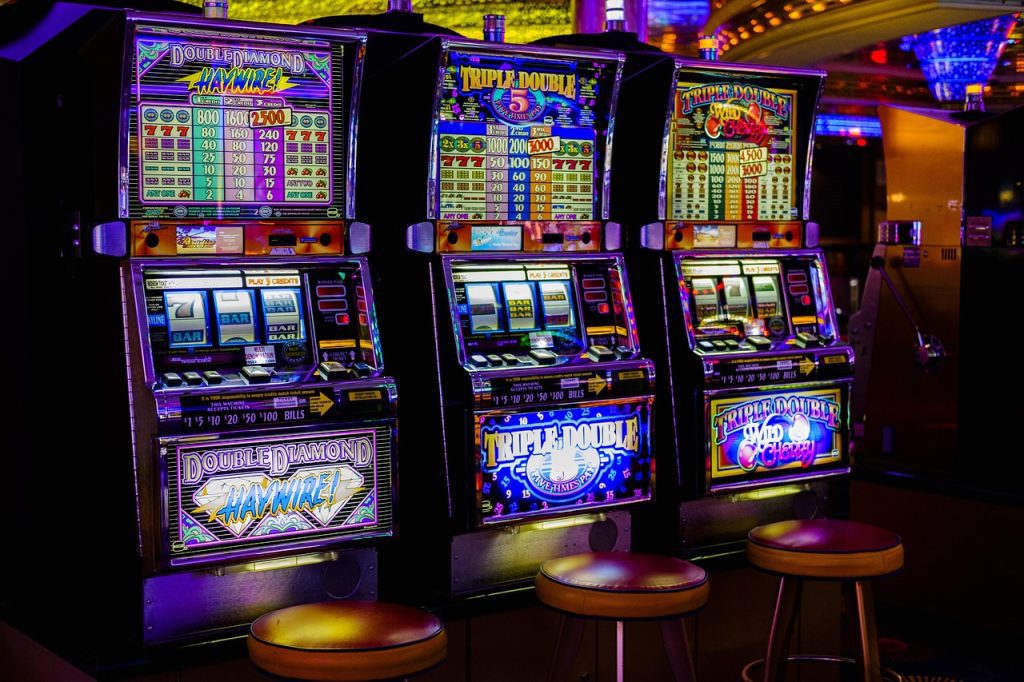Anyone who plays online slots, even casually, has likely asked themselves a simple question: How do I know this game is fair? With flashy reels, random results, and real money on the line, it’s a fair concern. While slots are built around chance, there are actually well-defined rules behind how fairness is maintained—and they go beyond just crossing your fingers and hoping for a win.
Two key things help shape whether a slot game can be trusted: RTP (Return to Player) and licensing.
RTP – More Than Just a Percentage
RTP stands for Return to Player. It’s expressed as a percentage and reflects how much of the total money wagered on a slot is paid back to players over a long period. For instance, a game with an RTP of 96% is programmed so that, statistically, €96 out of every €100 wagered is returned through wins.
That number isn’t a guarantee for a single session, though. RTP is measured over thousands, sometimes millions of spins. A player might hit a massive win in five minutes, or lose their balance just as quickly. What RTP does is show the expected average result for everyone, over time. It’s a design standard used to keep the game balanced.
Many trusted online platforms, including Betway, make this information accessible so players can make informed choices. Games listed under their slot games section often display RTP details clearly, helping players compare titles before they commit to a spin.
RNG – Why Every Spin Is a Clean Slate
Behind every spin in a digital slot is a Random Number Generator (RNG). This bit of software does exactly what it says—generates random numbers that decide where the reels stop. It doesn’t remember previous spins. It doesn’t favor players who just lost five rounds. Each spin is an isolated event, driven by math.
In regulated environments, RNG software is tested regularly. Independent labs run simulations to confirm that outcomes are truly random and not influenced by outside factors or faulty programming. If the RNG isn’t random, the whole game can be called into question.
Licensing – The Line Between Regulated and Risky
Licensing isn’t just about legality. It’s also what separates reputable sites from the rest. A licensed online casino has agreed to follow rules. That includes offering games from approved developers, making sure those games use verified RTP and RNG values, and providing ways for players to report issues.
Licenses are issued by regulatory authorities like the UK Gambling Commission, the Malta Gaming Authority, or the AGCO in Canada. These organizations don’t just rubber-stamp approvals—they check whether casinos enforce responsible gambling policies and protect player data.
If a casino is licensed, they’ll usually say so at the bottom of their website. Look for logos, certificates, or links to their regulatory status. If there’s nothing there? That’s a red flag.
Why It All Matters
It’s easy to assume slots are just luck—and in a way, they are. But there’s a system running underneath. Fair games use certified software, they publish their odds, and they’re offered by casinos that answer to real authorities.
The next time you load up a slot, take a quick glance at the RTP. Make sure the casino is licensed. That 30-second check can make the difference between a fair shot and a blind risk.

